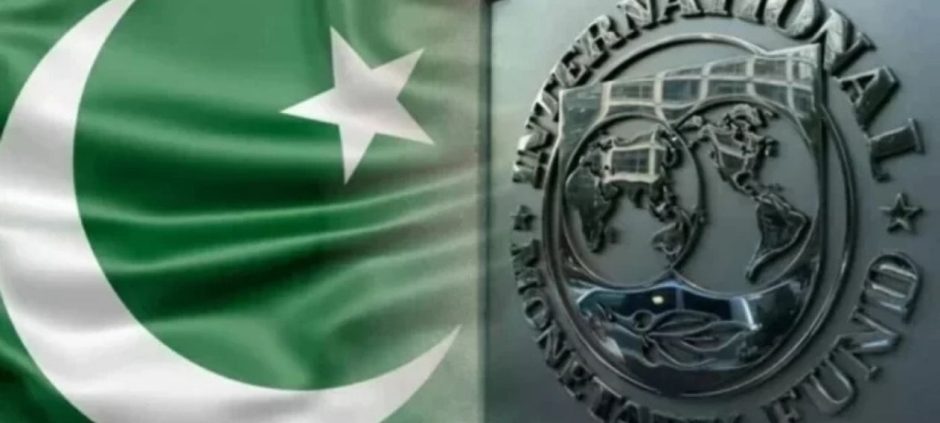The International Monetary Fund (IMF) has raised serious concerns about Pakistan’s anti-corruption system. In a new governance and corruption assessment, the IMF said selective actions and misuse of authority have weakened public trust and reduced the overall effectiveness of key institutions.
According to the report, the National Accountability Bureau (NAB) has, at times, gone beyond its legal powers. The IMF noted that politically motivated cases and wide discretionary authority have allowed the bureau to exceed its mandate. Such actions, it said, have hurt public confidence and created the belief that bribery is common within a rigid and slow administrative system.
The assessment also highlighted a 2024 Task Force report that pointed to similar problems. It found that senior officials often avoid making routine administrative decisions because they fear selective investigations or possible overreach by NAB. This reluctance, the report warned, slows government performance and affects the quality of decision-making.
The IMF acknowledged that Pakistan has long recognized the need to fight corruption. The first anti-corruption law was introduced in 1947, and several institutions have since been created, including NAB, the Federal Investigation Agency (FIA), and provincial Anti-Corruption Establishments. Recent high-profile convictions and asset recoveries totalling about Rs. 5.31 trillion between January 2023 and December 2024 show that accountability efforts can achieve results.
Despite these gains, Pakistan still struggles compared with neighbouring countries. Experts quoted in the report say rent-seeking and bribery continue to affect governance and economic stability. The IMF said improving institutional capacity is essential and stressed that far more reforms will be needed to create a reliable anti-corruption framework.
One major gap is the lack of a national whistleblower protection system. Except for Khyber Pakhtunkhwa, which passed a law in 2016, Pakistan has no federal safeguards for individuals who report corruption. A new bill introduced in April 2025 aims to establish an independent Whistleblower Protection and Vigilance Commission.
The report also noted problems with transparency. The 2017 Right to Information Act strengthened public access to data, but many bodies still delay or reject requests. Most appeals filed between 2022 and 2024 involved large institutions, including NAB, FIA, NADRA, the Interior Ministry, the Federal Board of Revenue, and the Capital Development Authority.
In other related news also read Pakistan Nears Economic Stability With $1.2B IMF Agreement
The IMF urged the government to release more information proactively, especially on budgets, spending, and procurement. It also called for better responses to information requests. These steps, the report stated, are vital for increasing transparency, improving public oversight, and restoring trust in state institutions.











